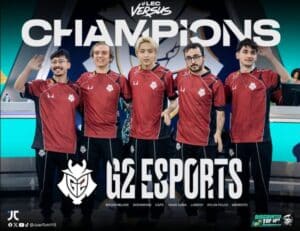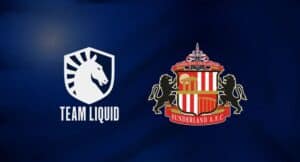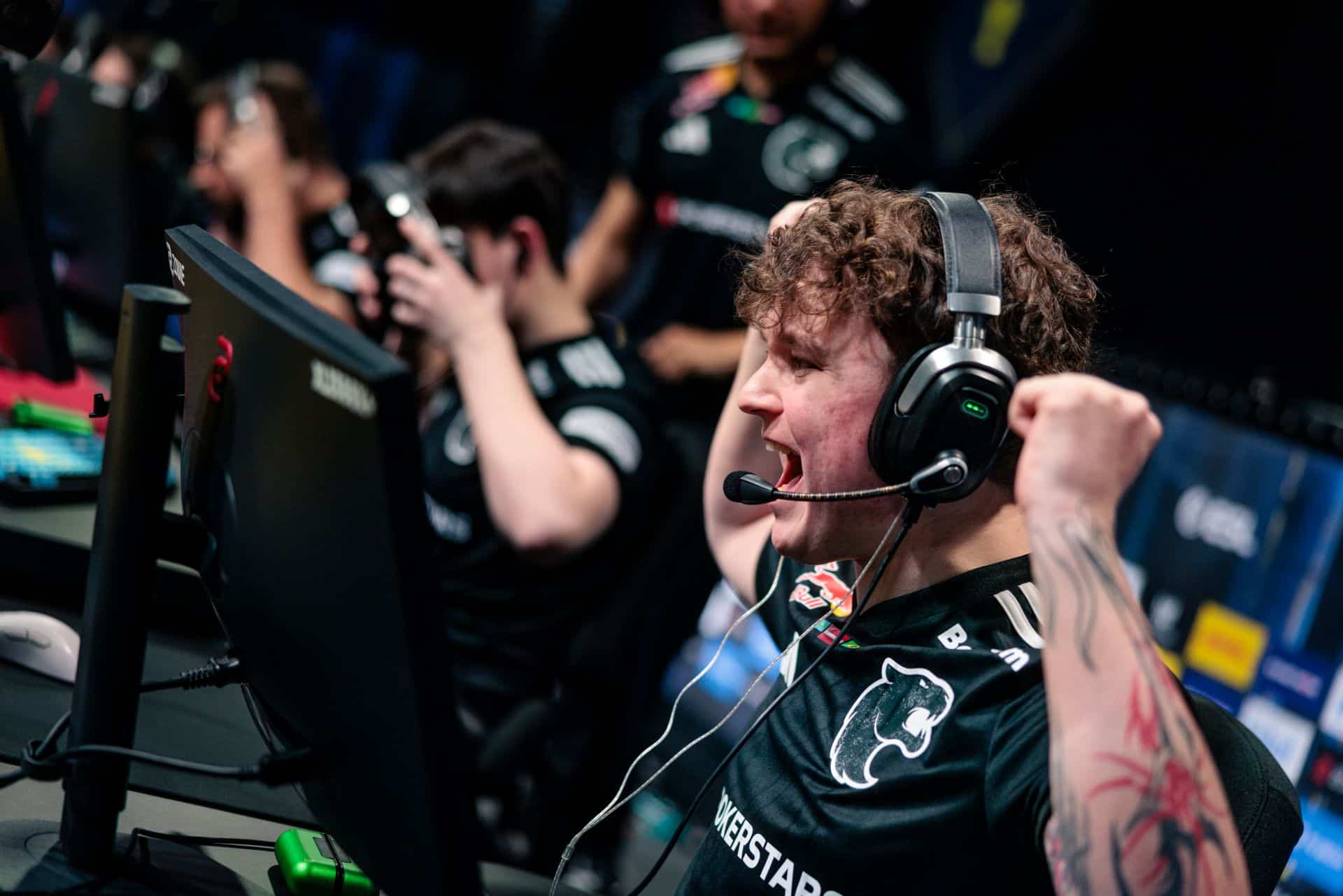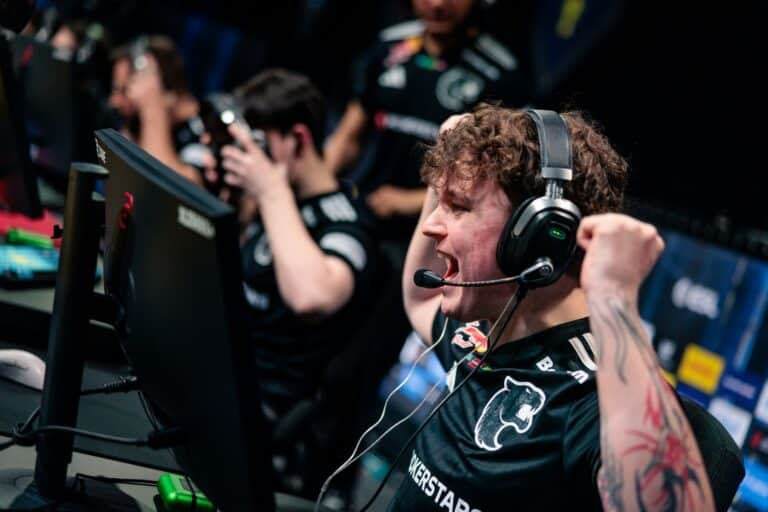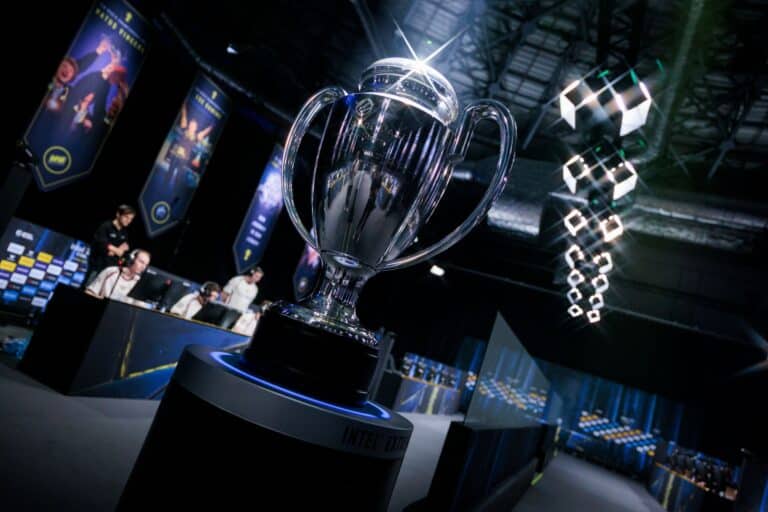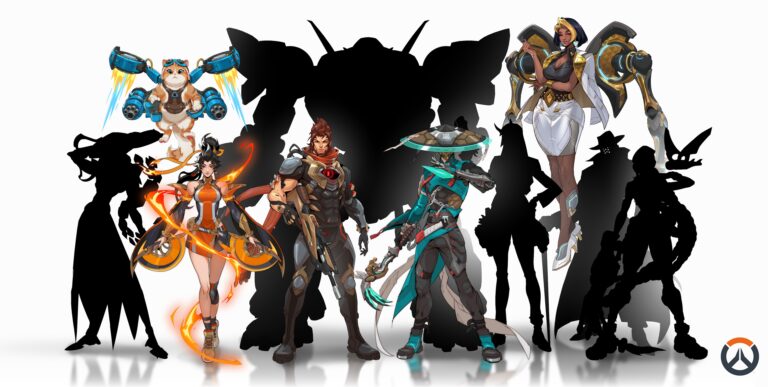Applications now open for 2021 Intel FutureGen UK university student esports skills programme
Dom Sacco, Senior Editor
Last Updated: 17/06/2025
Applications are now open for the Intel FutureGen programme, which is returning for 2021.
The programme, produced by university esports body National Student Esports (NSE), aims to ‘nurture high achieving student leaders and help develop their skills and enhance future careers’ in esports. FutureGen was first announced just over a year ago and ESL UK was also involved in the initiative.
Like last year, applications are open to all students studying full-time at UK
universities. It gives the chance for the next wave of esports talents to connect with industry experts, gain knowledge and take steps towards realising their potential.
As the 2020 Intel FutureGen programme was interrupted by COVID-19, much of the programme was moved online which will be continued next year.
Six online sessions with industry leaders will be broadcast on Twitch and will be available to everyone who wishes to participate, regardless of their application to Intel FutureGen. These broadcasts will allow students to ask questions and learn from the speakers.
The 10 successful candidates selected that will make up the 2021 Intel FutureGen cohort will receive private online sessions, along with the 2020 cohort as they were unable to take part in a portion of the programme due to COVID-19 disruptions.
NSE MD Jon Tilbury said: “After the success of last year’s programme, we are thrilled that Intel continues to partner with NSE on FutureGen. NSE’s mission is to encourage students to reach their full potential and an initiative like Intel FutureGen is a great tool to help them gain experience and insights into the industry.”
Mark Walton, EMEA technology and gaming comms manager at Intel, commented: “Intel remains committed to the future of esports and nurturing new talent. With Intel FutureGen, we’re able to not only support esports players, but also the aspirations of young people across the broader esports industry.
“As we look to 2021, we’re excited to be working with NSE to make Intel FutureGen even bigger and better and look forward to welcoming back the class of 2020 too.”
Over the duration of this year’s programme, a variety of speakers from different areas of industry provided viewers with an insight into working in esports, including Guild Esports’ Grant Rousseau, host Frankie Ward, Splash Damage’s Will Lowther and ESL UK’s James Dean and ESL’s Charlie Allen.
Speakers for next year’s programme will be announced in the new year.
Applications for students are now open until midnight Sunday 17th January 2021. The applicants will be expected to complete four questions, three of which are written and one as a short video.
A panel of industry judges, to be announced in January, will review a shortlist of applications and select ten finalists.
“The Intel FutureGen programme offered a real range of opportunities not just to me but to all my peers who were lucky enough to get selected,” said Jack Fenton, Intel FutureGen 2020 Cohort.
“Even through lockdown, we were provided eye-opening experiences where we were introduced to new valuable concepts and learnings. I’m really grateful for my place on the programme and I know it’ll continue to
benefit me as I look to advance my career.”
Students interested in the programme can visit the NSE website to apply.
Explore Our Trusted Gaming Resources
Discover essential guides to UK casino sites, betting platforms, and crypto casinos — updated for this year.
- Best Online Casinos in the UK
- Top-Rated Crypto Casino Sites in 2025
- Best Betting Sites UK for 2026
- No KYC Casinos UK
- Top Casinos Not on Gamstop
Dom Sacco, Senior Editor
Dom is an award-winning writer and finalist of the Esports Journalist of the Year 2023 award. He has almost two decades of experience in journalism, and left Esports News UK in June 2025. As a long-time gamer having first picked up the NES controller in the late '80s, he has written for a range of publications including GamesTM, Nintendo Official Magazine, industry publication MCV and others. He also previously worked as head of content for the British Esports Federation.
Stay Updated with the Latest News
Get the most important stories delivered straight to your Google News feed — timely and reliable





From breaking news and in-depth match analysis to exclusive interviews and behind-the-scenes content, we bring you the stories that shape the esports scene.
Monthly Visitors
User Satisfaction
Years experience
Latest NSE
